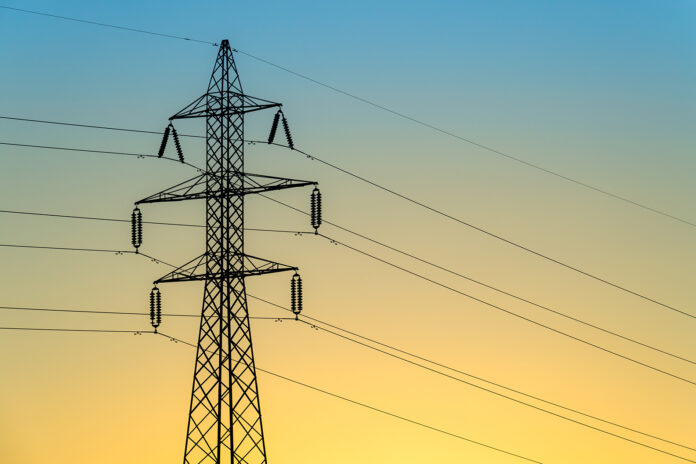ISLAMABAD: The Cabinet Committee on Energy (CCoE) has directed the Power Division to reduce the notice period for bulk power consumers shifting to open access from one year to two months and to ensure the 800MW wheeling limit is reviewed annually instead of every five years.
This decision was made during a CCoE meeting held on July 29, 2025, chaired by Prime Minister Shehbaz Sharif.
Sources privy to the development informed Profit that the CCoE considered the summary dated 17th July, 2025 submitted by the Power Division regarding “Approval of Amendments in the National Electricity Plan – Strategic Directive 87”. They said the CCoE directed the Power Division to propose necessary amendments in Regulation of Generation, Transmission and Distribution of Electric Power Act 1997 section 22(2), to reduce the notice period by bulk power consumer to stop purchase of power from a distribution company, from one (01) year to two (02) months to avail open access/wheeling. Moreover, the CCoE further directed that the quantum of 800 MW shall be reviewed periodically.
This is a major policy shift to accelerate market liberalization and the move is expected to enhance competition and enable large consumers to directly procure electricity from generators through a streamlined open access mechanism, said sources, adding, that this move is part of a broader plan to allow more competition in the electricity market, making it easier for industries and big consumers to buy electricity directly from private power producers. This is expected to improve efficiency, reduce costs, and promote private investment in the sector.
Earlier, long notice periods and high extra charges made it difficult for consumers to leave DISCOs and choose private suppliers. To fix this, the government formed a working group to suggest reforms. Based on its recommendations, the new policy allows for open access with clearer rules and lower financial hurdles.
Under the updated plan, consumers who shift to private suppliers will pay a fair stranded cost—charges left behind when they stop using power from DISCOs—similar to what other users in the same category pay. These stranded costs will be part of a government policy to make the system transparent and competitive.
According to sources, the Power Division briefed the CCoE that Strategic Directive No. 87 had previously made open access unviable due to high stranded cost burdens on existing consumers. To address this, a working group had been formed under the direction of the Minister for Power to carry out stakeholder consultations and propose amendments to both the directive and the Eligibility Criteria (Electric Power Supplier) Rules, 2023.
Under the revised framework, the stranded costs—representing the financial obligations left behind by consumers who exit the grid—will now be managed through a government-issued policy that ensures transparent and competitive allocation of wheeling demand. Initially, a cap of 800 MW has been set for five years, with provisions for periodic review.
Notably, all open access users will be permitted to undertake wheeling by paying stranded costs equivalent to capacity charges paid by similarly placed consumers of the supplier of last resort—unless or until a formal policy guideline is issued.
The Power Division informed the committee that feedback was received from multiple stakeholders, including NEPRA, the Ministry of Planning, and the Ministry of Commerce. Concerns ranged from the slowing down of market liberalization to possible distortions in competitive pricing. The final draft reflected these inputs and was discussed and agreed upon in a high-level committee meeting held earlier in July.
It is pertinent to mention that the CCoE had approved the proposal and emphasized that the 800 MW cap must be reviewed regularly to accommodate evolving market dynamics. The amendments will now be notified in the official Gazette, setting the stage for a more liberalized and consumer-friendly power market in Pakistan.




